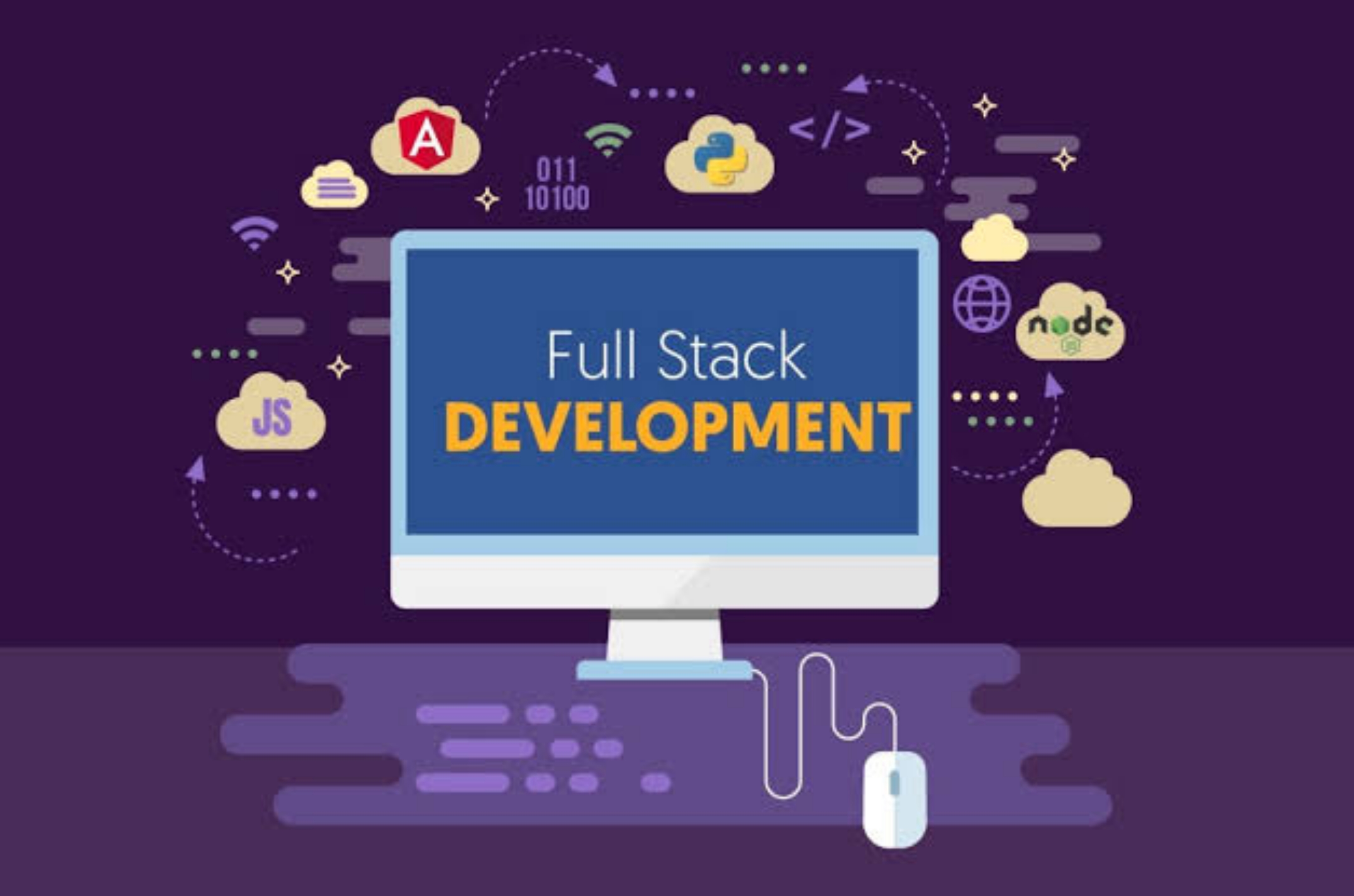Everything you Should know about Full Stack Development
September 3, 2023
Today, the full stack developers are in high demand in the software development industry. Full-stack developers understand all aspects of the development process including the front end and back end sides of the application. Hiring full stack developers reduce the need to hire various resources for product development. In this article, we have explained the concept of full stack development.
Full Stack Development
Full Stack development is classified into two domains:
Front-end development : Front-end development consists of the entire user-facing parts of software development. It is the responsibility of the front-end developers to implement visual elements, for example, how the software or an app will look, interact and operate with the user.
Back-end development : Back-end development is done to make a program function well. Developers who work at the back-end spend a lot of time creating and working with databases.
A full stack developer is proficient in both the technical domains. Also, they know how to work on front-end, back-end, database queries and various operating systems.
Such high-skilled developers are recognized as “developer generalists” as they can develop any complex application from scratch and understand how each technical layer interacts with the other.
Front-end Technologies :-
Front-end refers to the development of the web pages and user interfaces for websites or applications. It implements the design, structure, behavior and animation of everything that you experience visually on the screen while using the site, web applications and mobile apps.
HTML/CSS : These are the basic building blocks used to design and development of websites. It enables you to add content and styles to your project site. It is the building block of any digital content today on the internet.
BootStrap : It is a front-end framework, that supports the creation of dynamic websites and applications. It is a highly preferred front-end framework that allows fast and easy ways of building a website. If you want to develop an application, it is crucial to consider Bootstrap as it helps save the coding efforts and offers a lot of commonly used Cascading Style Sheets (CSS) functionalities, by default.
React JS : A javascript library that is perfect for building the amazing user interfaces. Its development is known for delivering high-performance client’s and server-side’s rendering.
AngularJs : When it comes to developing the browser, web-based applications and mobile apps, Angular JS is perfect for the development of all types of apps. Angular JS, developed and maintained by Google developers has been known for its flexibility.
Javascript : JavaScript has been the most popular scripting language for a long time. It enables you to perform quick actions on the client side itself without the need for a response from the server side. This vastly improves the user experience and efficiency of the website or application.
Back-end and Framework Technologies :-
Node.JS : Built on Chrome’s Javascript runtime that can create scalable network applications faster than ever. The open-source cross-browser environment, Node.JS has been built to seek the attention of worldwide developers.
Express.js : It is an open-source framework for Node.Js can be used to simplify the development with a set of tools, packages, plugins and features. Express.js with Node.js can be used to develop APIs for single and multi-page, hybrid mobile and web apps.
PHP : An open source platform that allows rapid creation of prototypes and websites. The programming language can be used to develop user-friendly websites for small or big enterprises in less time and budget.
Python : Python is based on a high-level dynamic programming language that can offer a plethora of business benefits. Since it can easily interact with other languages, you can get the freedom for future upgrades. Python development is highly suitable for customizing larger apps as the language comes with various features such as scalability, special libraries, extensibility and easy readable syntax.
Laravel : One of the top PHP frameworks, Laravel can offer enhanced security to the data as well as users. It can help limit unauthorized users from accessing any paid services or something crucial to the business.
Database Technologies
Database technologies grab details and store, organize and process it in an easy way that allows users to find the required data quickly.
MySQL : It is free to use an open source database, offering easy database management by connecting it to the software. Since it is a robust, scalable and reliable solution, providing advanced benefits such as data security, on-demand scalability, high performance and complete workflow control, it is widely used in small or medium-sized applications.
MongoDB : It is a free, open-source and distributed database at its core. Having sharding and scaling features, MongoDB can help enterprises to maintain and customize database development to a large extent.
PostgreSQL : Being one of the most advanced open source databases, it offers endless development opportunities to enterprises. It can be widely used in large-scale applications or websites.
DynamoDB : Amazon web service was introduced as one of the most prominent NoSQL cloud databases. DynamoDB has a flexible schema and is scalable, which allows users to quickly change how data is structured and can run various queries against it.
Cloud Services :-
Amazon Web Services (AWS) : It is known to be a secure cloud services platform offering deployment tools, database storage, content delivery, computing power and functionality solutions. These services can aid enterprise applications by increasing flexibility, reliability, lowering the IT costs and offering scalability.
Microsoft Azure : It helps to increase the business agility as it offers a host of application building blocks and services, allowing users to customize the cloud as required.
Google Cloud Platform (GCP) : Google offers a suite of public cloud computing services known as GCP. A range of hosted services for computing, applications development and storage, which run on the Google hardware are included in the platform. The GCP services can be utilized by cloud admins, enterprise IT professionals and developers through a dedicated network connection.
